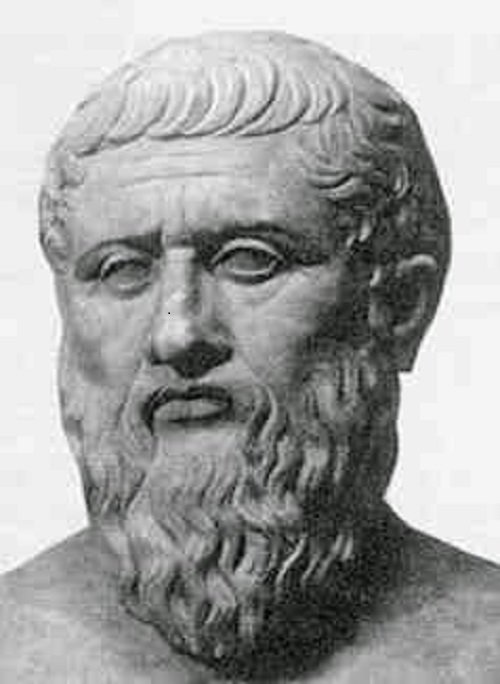The history of philosophy. There are no innate ideas
Like the philosophers before him, Plato sought to see the eternal and immutable in the changes around him. That is why he turned to the perfect ideas raised above the sensory world and thought that these ideas were more real than all natural phenomena. The primary one, he says, is the concept of "horse"; after it, all horses in the sensual world gallop on the cave wall in the form of shadows. The "hen" idea precedes the hen and the egg. Aristotle said that Plato had turned everything upside down. He agreed with his teacher that the horse "runs" and that no horse can live forever. He also agreed that horse form was eternal and immutable. But for him the "horse idea" is just a concept that we humans created after seeing a number of horses with their eyes. Consequently, the idea or form of a horse does not precede our experience, but is composed of the characteristics and qualities of the horse - in modern language this is called the animal horse.
I specify: in the form of horse, Aristotle understands the properties common to all horses. According to him, the forms are contained in the very things as their particular qualities. Consequently, the idea of "hen" does not precede the hen itself. What Aristotle calls the "form" a hen is made up of the special hen properties of each of these feathers - eg the laying of eggs. So the hen itself and the "shape" hen are also inseparable, both the soul and the body. This, in general, exhausted Aristotle's critique of Plato's teachings of ideas. But note that we're talking about a dramatic twist in thinking. For Plato, the highest degree of reality is the fruit of reason, and according to Aristotle's logic, the highest degree of reality is the result of perceptions and senses. Plato I think that the nature around us is just a reflection of something that exists in the world of ideas - and therefore in the human soul. Aristotle thinks the opposite: in the human soul there are only reflections of the objects in nature. According to him, Plato is bogged down in a mythological world and confuses man's ideas with the real world.
Aristotle pointed out that nothing existed in the mind before it had first been sensed by the senses. Plato could say that there is nothing in nature that did not exist in the ideal world before. Thus Plato doubles the number of things, Aristotle replied. Explains the individual horse, referring to the concept of "horse". But what is the explanation for this? I mean, where does the "horse idea" come from? Is there no third horse whose reflection is the horse idea? Aristotle taught that the whole of our thoughts and ideas have become entrenched in our consciousness through everything we have seen and heard. But we also have innate reason. We have the innate ability to arrange all our sensory perceptions in different groups and classes. In this way, the concepts arise - stone, plant, animal and man. So Aristotle did not deny that man has a common sense. On the contrary, according to that, reason is the most important distinguishing sign of man. But until we begin to feel, our mind is perfectly "empty". Consequently, man does not have innate "ideas".


I always learn something new and good :)
Thank you hehe :)
You are welcome :)